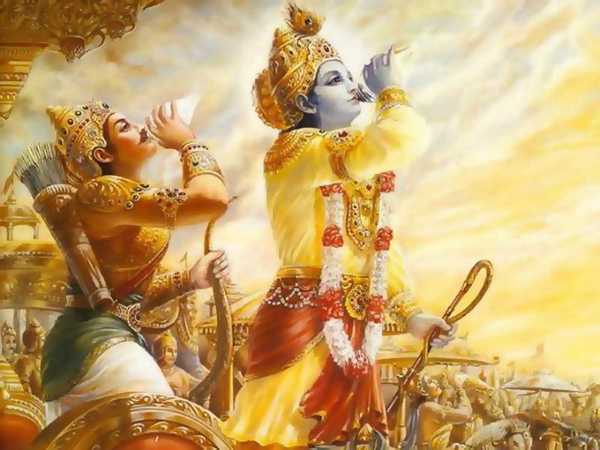Chapter 60

Vrihadaswa said. “Bhima’s daughter, the cool-headed Damayanti, seeing therighteous king maddened and deprived of his senses at dice, was filled, Oking, with alarm and grief. And she thought the affair to be a seriousone with the king. And apprehensive of the calamity that threatened Nala,yet seeking his welfare and at last understanding that her lord had losteverything, she said unto her nurse and maid-servant Vrihatsena of highfame, intent upon her good, dexterous in all duties, faithful andsweet-speeched, these words, ‘O Vrihatsena, go thou and summon thecouncillors in the name of Nala, and tell them also what of wealth andother things hath been lost and what remaineth.’ The councillors then,hearing of Nala’s summons, said, ‘This is fortunate for us’ andapproached the king. And when the subjects in a body had (thus) come asecond time, the daughter of Bhima informed Nala of it. But the kingregarded her not. Finding her husband disregarding her words, Damayanti,filled with shame, returned to her apartments. And hearing that the dicewere uniformly unfavourable to the virtuous Nala, and that he had losteverything, she again spake unto her nurse, saying, ‘O Vrihatsena, gothou again in Nala’s name to bring hither, O blessed one, the charioteer,Varshneya. The matter at hand is very serious.’ And Vrihatsena, hearingthose words of Damayanti caused Varshneya to be summoned by trustyservants. And the blameless daughter of Bhima, acquainted with conductsuitable to time and place, addressing soft words said according to theoccasion, ‘Thou knowest how the king hath always behaved towards thee. Heis now in difficulty, and it behoveth thee to assist him. The more theking loseth to Pushkara, the greater becometh his ardour for the play.And as the dice fall obedient to Pushkara, it is seen that they areadverse to Nala in the matter of the play. And absorbed in the play, heheedeth not the words of his friends and relatives, nor even those ofmine. I do not think, however, that in this the high-souled Naishadha isto blame, in as much as the king regarded not my words, being absorbed inplay. O Charioteer, I seek thy protection. Do my behest. My mindmisgiveth me. The king may come to grief. Yoking Nala’s favourite horsesendued with the fleetness of the mind, do thou take these twins (my sonand daughter) on the car and hie thou to Kundina. Leaving the childrenthere with my kindred as also the car and the horses, either stay thouthere, or go to any other place as it listeth thee.’ Varshneya, thecharioteer of Nala, then reported in detail these words of Damayanti untothe chief officers of the king. And having settled (the matter) inconsultation with them, and obtaining their assent, O mighty monarch, thecharioteer started for Vidarbha, taking the children on that car. Andleaving there the boy Indrasena and the girl Indrasena, as also that bestof cars and those steeds, the charioteer, with a sad heart grieving forNala, bade farewell unto Bhima. And wandering for some time, he arrivedat the city of Ayodhya. And there he appeared with a sorrowful heartbefore king Rituparna, and entered the service of that monarch ascharioteer.”




